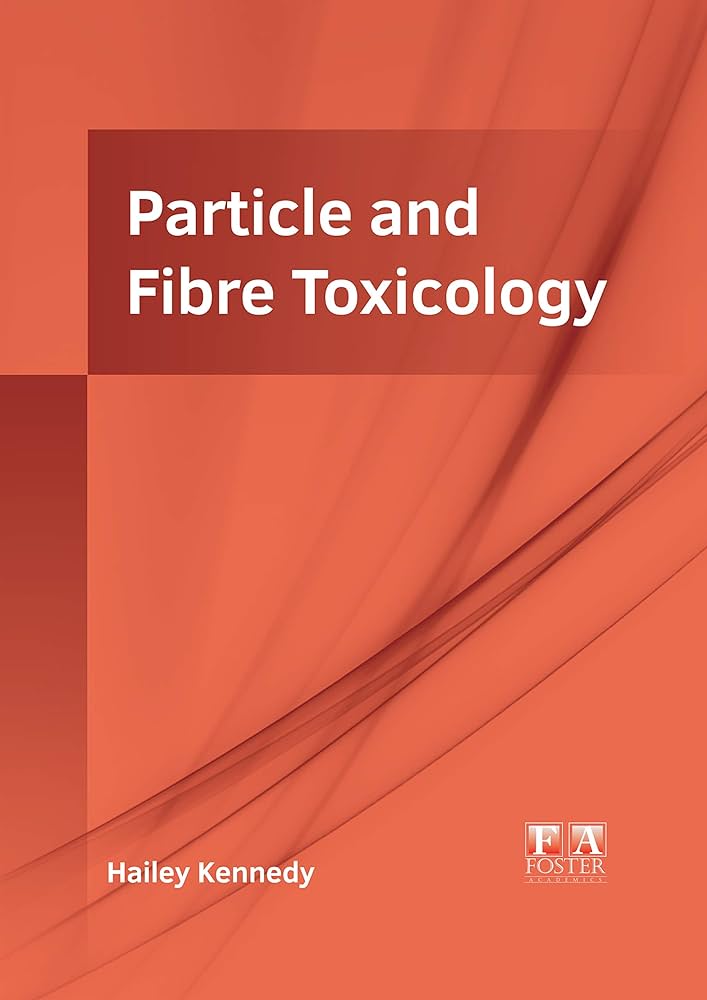Microplastics caused embryonic growth retardation and placental dysfunction in pregnant mice by activating GRP78/IRE1α/JNK axis induced apoptosis and endoplasmic reticulum stress
IF 8.2
1区 医学
Q1 TOXICOLOGY
引用次数: 0
Abstract
Microplastics (MPs), a brand-new class of worldwide environmental pollutant, have received a lot of attention. MPs are consumed by both humans and animals through water, food chain and other ways, which may cause potential health risks. However, the effects of MPs on embryonic development, especially placental function, and its related mechanisms still need to be further studied. We investigated the impact on fetal development and placental physiological function of pregnant mice by consecutive gavages of MPs at 0, 25, 50, 100 mg/kg body weight during gestational days (GDs 0–14). The results showed that continuous exposure to high concentrations of MP significantly reduced daily weight gain and impaired reproductive performance of pregnant mice. In addition, MPs could significantly induce oxidative stress and placental dysfunction in pregnant mice. On the other hand, MPs exposure significantly decreased placental barrier function and induced placental inflammation. Specifically, MPs treatment significantly reduced the expression of tight junction proteins in placentas, accompanied by inflammatory cell infiltration and increased mRNA levels of pro-inflammatory cytokines and chemokines in placentas. Finally, we found that MPs induced placental apoptosis and endoplasmic reticulum (ER) stress through the GRP78/IRE1α/JNK axis, leading to placental dysfunction and decreased reproductive performance in pregnant mice. We revealed for the first time that the effects of MPs on placental dysfunction in pregnant animals. Blocking the targets of MPs mediated ER stress will provide potential therapeutic ideas for the toxic effects of MPs on maternal pregnancy.微塑料通过激活 GRP78/IRE1α/JNK 轴诱导细胞凋亡和内质网应激,导致怀孕小鼠胚胎发育迟缓和胎盘功能障碍
微塑料(MPs)是一类全新的世界性环境污染物,已受到广泛关注。人类和动物通过水、食物链等途径摄入微塑料,可能对健康造成潜在危害。然而,MPs 对胚胎发育尤其是胎盘功能的影响及其相关机制仍有待进一步研究。我们研究了妊娠小鼠在妊娠期(GDs 0-14)连续灌胃 0、25、50、100 mg/kg 体重的 MPs 对胎儿发育和胎盘生理功能的影响。结果表明,连续暴露于高浓度 MPs 会显著降低妊娠小鼠的日增重,并损害其生殖能力。此外,MPs 还能明显诱发妊娠小鼠的氧化应激和胎盘功能障碍。另一方面,接触 MPs 会明显降低胎盘屏障功能并诱发胎盘炎症。具体来说,MPs 会明显降低胎盘中紧密连接蛋白的表达,并伴随着炎症细胞的浸润以及胎盘中促炎细胞因子和趋化因子 mRNA 水平的升高。最后,我们发现 MPs 通过 GRP78/IRE1α/JNK 轴诱导胎盘凋亡和内质网(ER)应激,导致妊娠小鼠胎盘功能障碍和生殖能力下降。我们首次揭示了 MPs 对妊娠动物胎盘功能障碍的影响。阻断MPs介导的ER应激的靶点将为MPs对母体妊娠的毒性效应提供潜在的治疗思路。
本文章由计算机程序翻译,如有差异,请以英文原文为准。
求助全文
约1分钟内获得全文
求助全文
来源期刊

Particle and Fibre Toxicology
TOXICOLOGY-
CiteScore
15.90
自引率
4.00%
发文量
69
审稿时长
6 months
期刊介绍:
Particle and Fibre Toxicology is an online journal that is open access and peer-reviewed. It covers a range of disciplines such as material science, biomaterials, and nanomedicine, focusing on the toxicological effects of particles and fibres. The journal serves as a platform for scientific debate and communication among toxicologists and scientists from different fields who work with particle and fibre materials. The main objective of the journal is to deepen our understanding of the physico-chemical properties of particles, their potential for human exposure, and the resulting biological effects. It also addresses regulatory issues related to particle exposure in workplaces and the general environment. Moreover, the journal recognizes that there are various situations where particles can pose a toxicological threat, such as the use of old materials in new applications or the introduction of new materials altogether. By encompassing all these disciplines, Particle and Fibre Toxicology provides a comprehensive source for research in this field.
 求助内容:
求助内容: 应助结果提醒方式:
应助结果提醒方式:


